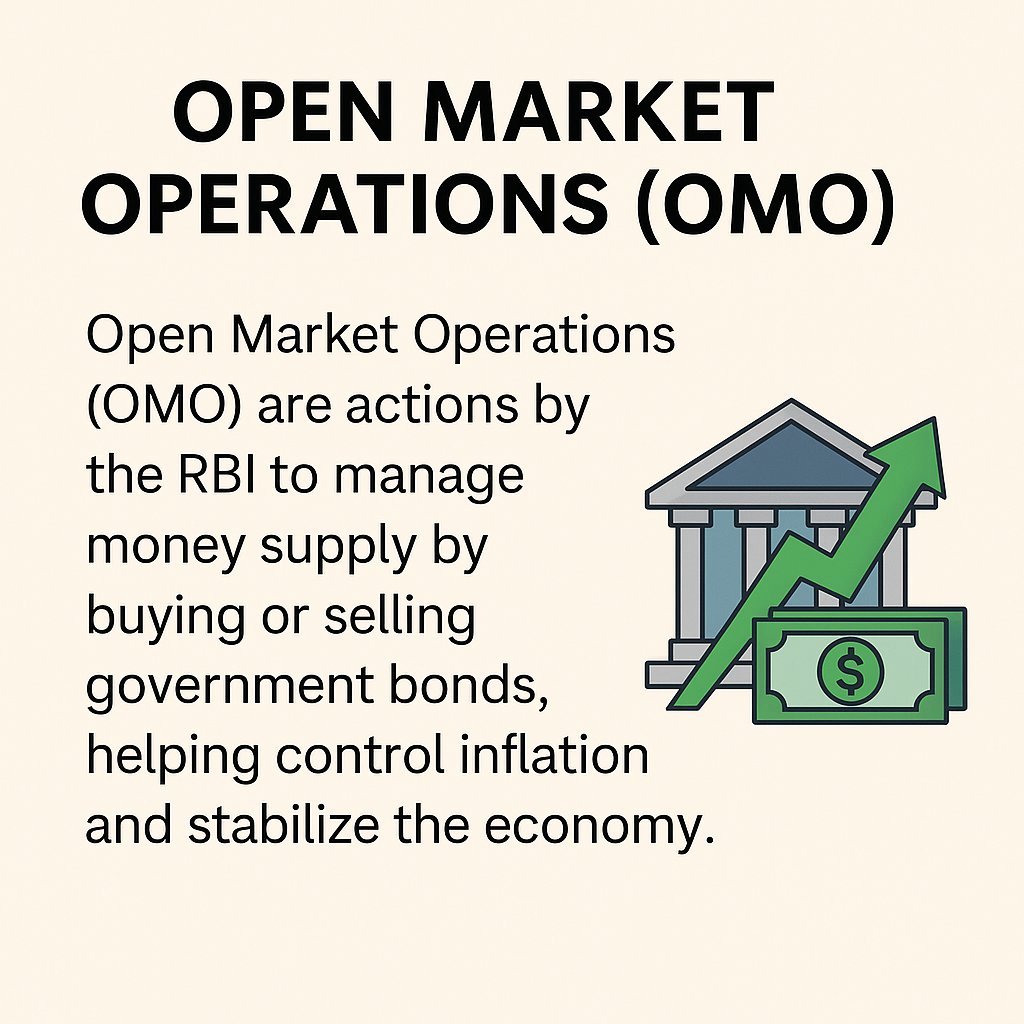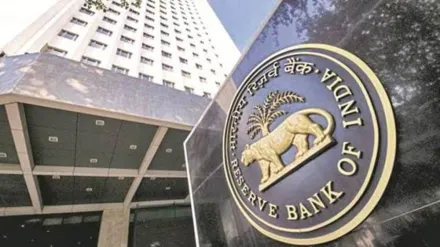Whenever there is a major turn in the Indian economy, it is first reflected in the financial markets. The recent announcement of Open Market Operations (OMO) purchase of $15 billion by the Reserve Bank of India (RBI) has given a new life to the bond market. Let us understand in detail the thinking behind this decision, its impact on common investors and the overall economy of India.
RBI’s move: What is this OMO?

First of all, it is important to understand what Open Market Operations (OMO) are. When the Reserve Bank buys or sells government bonds directly from the market, it is called OMO. It is a monetary tool through which RBI controls the liquidity in the system.
When RBI buys bonds, it puts money into the banking system, which gives banks the capacity to give more loans. And when it sells bonds, it withdraws cash from the system.
This time RBI has announced to buy bonds worth $15 billion (about Rs 1.25 lakh crore), which will be done in the month of May. This figure is very big and its impact is equally widespread.
Fall in bond yield: Relief to investors
After this announcement by RBI, the 10-year government bond yield fell to 6.33%, the lowest level in the last three years. From the beginning of 2025 till now, this yield has come down by 40 basis points – which is more than the fall in the entire year of 2024.
What is this yield?
Government bond yield actually reflects the return that investors get on lending to the government. When the yield decreases, it means that bond prices are rising and there is a lot of cash in the market.
Why did RBI take this decision?

The main objective of RBI is to maintain the monetary stability of the country, keep inflation under control and promote economic growth. When there is a shortage of cash in the market or interest rates become high, investment and spending fall.
There may be some major reasons behind this decision:
- Inflation moderation: When inflation rate comes under control, RBI gets an opportunity to relax monetary policy.
- Dividend transfer to the government: It is expected that RBI will give a big dividend to the government, which will bring more cash into the system.
- Speed up economic growth: More cash means more loan giving capacity with banks, which will boost business and consumer spending.
What does this move mean for investors?
This decision of RBI gives a positive signal to those investors who invest in government bonds or debt mutual funds.
- Possibility of better returns for small investors Low yield means that those who have already invested in bonds will get good returns on their investment as their bond prices are rising.
- Special focus on five-year bonds
Standard Chartered expert Nagaraj Kulkarni says that this move will be beneficial to invest in government bonds with a tenure of five years, because this is where the maximum growth will be seen.
Impact on the stock market
The boom in the bond market usually has an impact on the stock market as well. Low yield means that the attractiveness of investing in the equity market will increase because now investors are getting less returns from safe instruments.
This may lead to new buying in the stock market, especially in the banking and financial sector.
What is the benefit to the general public?
Now the question arises that what difference will this make to the common people?
- Loans can become cheaper
When banks have more cash, they can reduce interest rates on products like home loans, personal loans and car loans. - Better returns in mutual funds
People who invest in debt mutual funds can get good returns on their investments as the NAV (net asset value) will increase. - Hope for relief from inflation
When cash flows properly in the system, the supply improves, which can control the prices of commodities.
What are the potential risks?
Every positive aspect also comes with some challenges.
- If there is too much liquidity, it can have the opposite effect – like a bubble in the stock market or a resurgence in inflation.
- If foreign investors start feeling that the market is overheated, they may withdraw money.
So RBI will have to adopt a balanced strategy going forward as well.
Conclusion:
A decisive step taken at the right time
The announcement of buying $15 billion in bonds by the RBI is a decisive and far-sighted step in India’s monetary policy. This decision will not only increase liquidity in the market, but will also bring relief to the common people, investors and banks. This will accelerate economic activities and will also support the fiscal objectives of the government.
Disclaimer:
The investment views and tips shared by experts on MoneyFlowInsight.com are their personal opinions. MoneyFlowInsight.com does not provide investment advice and recommends users consult certified experts before making any investment decisions.




